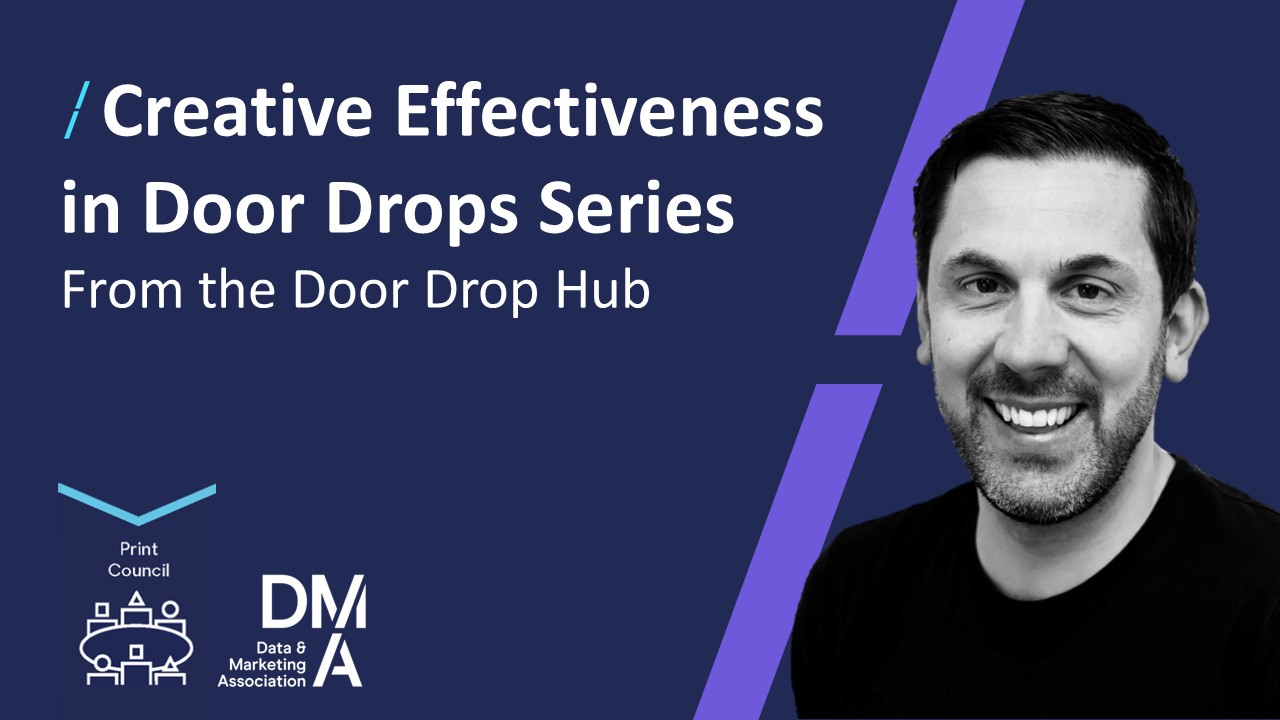The impact of robo advisors on institutional investment banking
09 Aug 2016
In just over a year, robo advice has shifted from being an innovation led by small Fintech start-ups, to being adopted by leading financial institutions globally. But is robo advice only relevant in the mass affluent retail investor segment, or will its effects soon be felt in the institutional investment banking segment too?
WHAT IS A ROBO ADVISOR – ISN’T IT JUST A LOT OF HYPE? “Already, artificial intelligence is all around us, from selfâdriving cars and drones to virtual assistants and software that can translate or invest” according to Klaus Schwab, Founder and Executive Chairman of the World Economic Forum1 . In the financial services industry, robo advisors are defined as “an online wealth management service that provides automated, algorithm-based portfolio management advice without the use of human financial planners”.

Initially the preserve of Fintech start-ups like WealthFront and Betterment (US), and Nutmeg (UK), major incumbents in North America, Europe and Asia have now launched their own robo advisory services or made strategic investments to compete with the disruptors, with the rate of new announcements accelerating (see Table 1). Millennial, digitally savvy, mass affluent investors are increasingly investing with robo advisors. Far from being hype, the US robo advisory market has become reality, with Assets under Management (AuM) tripling within six months to an estimated US60bn at the end of 2015, and predicted to reach US2trn of AuM by 20202 , with customers attracted by these four key benefits:
1. Lower fees and lower minimum investments for discretionary portfolio management than traditional wealth managers – as low as zero fees (though typically in the <1% of AuM range) or USD1 minimum investment.
2. More efficient management of investments – the majority of robo advice offerings provide portfolio management using algorithmically-based automated investment solutions that auto-rebalance the asset allocation of the customer’s portfolio, without them needing to take action.
3. Addresses the advice gap for less sophisticated investors – the robo advice apps and portals of most providers capture the customers’ investment objectives, time horizons, and attitude to risk, project potential future returns, and calculate a recommended initial asset allocation usually made up of low cost Exchange Traded Funds (ETFs) that maximises the return for the level of risk acceptable to the customer (the so-called ‘efficient frontier’).

4. Transparency of performance – the digital interface of many robo advisors makes it easy for the investor to analyse their returns vs benchmark and progress towards goals.
Even the UK’s financial services regulator, the FCA, is an advocate of the consistency and perceived better quality of advice provided by robo advisors, stating in its Financial Advice Market Review3 published in March 2016 that: “The FCA should build on the success of Project Innovate and establish an Advice Unit to help firms develop their automated advice models”. This endorsement of robo advice by the regulator is expected to stimulate entrance into the market by four of the UK’s big high street banks, Barclays, RBS, Lloyds and Santander, who are reportedly planning to launch their own robo advice services.
BUT ISN’T ROBO ADVICE SIMPLY A SOLUTION CATERING FOR MASS AFFLUENT ‘RETAIL’ INVESTORS? It is true that robo disruption has primarily impacted the customer segments addressed by the typical Stockbroker businesses catering for less sophisticated self-directed investors who do not meet the minimum investment threshold of between USD250k to USD1m of a typical investment bank. Since the crash in interest rates that has taken place since 2008, personal investors have been forced to look beyond the safety net of FSCS protected savings accounts and venture into stocks and shares.
Yet these novice investors are unsuited to self-directed services, and need advice or to delegate management – hence the appeal of the robo advisor.
In the High Net Worth Individual (HNI), and institutional customer segments, the need for advice and delegated management is met by the Private Banker, or Relationship Manager. But whilst the current robo advice offerings are less of a threat to incumbents, the benefits of lower fees, and more transparency will also appeal to HNI and institutional investors, leading to encroachment on the incumbents’ territory (see Chart 2).

This view is reflected by findings published in the CFA’s Fintech Survey Report4 , which surveyed 3,800 Capital Markets CFA members. The report confirms that most capital markets professionals see automated financial tools having most impact on mass affluent customers, but 24% also see a positive impact on institutional investors, and 28% see automated tools at least partially replacing human advisors.
HOW WILL AUTOMATED ROBO ADVICE AFFECT INSTITUTIONAL INVESTMENT BANKING? The more complex investment needs of corporates, asset managers, family offices and sovereign wealth funds, who make up the client base of institutional investment banks, means that the automated ETF portfolio rebalancing services provided by most robo advisors fall short of their requirements. These clients select investment managers who can provide them access to the full range of investment products and services across all asset classes, cash, equities, fixed income, commodities, alternative investments, FX, derivatives and funds, to effectively manage their risk whilst delivering maximum return.
Today’s HNI and institutional investment managers will have access to advanced tools for portfolio construction across diverse asset classes, predictive analytics tools to stress test different scenarios against a client’s portfolio, automated portfolio rebalancing and order execution systems and digital performance reporting portals. Wipro is working to make existing investment management tools even more effective by combining the power of predictive data analytics with Artificial Intelligence (AI) technology so that it:
• Scans and interprets news that could affect a client’s investments
• Spots patterns in historic market data to predict the impact of similar events on a client portfolio and alerts the RM
• Learns from the outcomes of decisions taken by the institution’s most successful RMs to make recommendations based on the institution’s collective and evolving best practice
• Can predict which recommendations are most likely to appeal to the client given previous experience
With the aid of predictive analytics and AI, even novice RMs can respond quickly to external events, alert the client, and make recommendations that maximise return. But with speed of the essence the trend will surely be towards digital interactions through Apps that don’t require a direct conversation with the RM before execution: human to human interaction will only be required if the client is unsure and wishes to discuss with the RM before proceeding, the role of the RM therefore shifting to one focused on revenue generation through the acquisition of new Assets under Management, cross-selling other services and issue resolution. Man and machine working in harmony, rather than man replaced by machine?
COULD HUMAN ADVISORS BE COMPLETELY REPLACED IF ROBO ADVISORS OFFERED A FULL RANGE OF COMPLEX INVESTMENT PRODUCTS FOR A FRACTION OF THE MANAGEMENT FEE? If robo advisors could offer a full range of complex investment products, and demonstrate the same or better returns than RM managed portfolios, then just as seen in the mass-affluent segment, the HNI and institutional investment dollars will flow towards the lower fees charged by robo advisor services. Truly trusted robo advisors will need to be highly personalised to each client’s investment preferences, and means of interaction. That is no trivial task, requiring robo advice companies to continually refine their machine-learning and natural language processing algorithms. Even then some investors may want a second opinion from a human expert. This could lead to a change in the full financial advisor model where clients pay extra for a human to validate the robo’s advice.
BUT ROBO ADVISORS CAPABLE OF MANAGING MUCH MORE COMPLEX PRODUCTS WILL SURELY TAKE TIME TO MATURE? Founded in 2009, start-up robo advisor ‘Hedgeable’ in the US offers ‘the same sophisticated wealth management as the ultraâhigh net-worth at a low cost’. In addition to the standard ETFs offered by its competitors, Hedgeable also supports equities, commodities, REITs, MLPs, private equity and even alternatives such as Bitcoin in its portfolios. Hedgeable claims its ‘Downside Risk Protection’, whereby it gradually sells out of positions in an attempt to minimise losses and preserve capital when markets are losing money, differentiates it from other robo advisors. As yet Hedgeable is at an early stage of adoption, with just USD35m of AuM5 , but the disruption has already started.
Originally posted on Wipro Digital, an innovation-led, digital transformation partner built for today’s digital challenges.





Please login to comment.
Comments